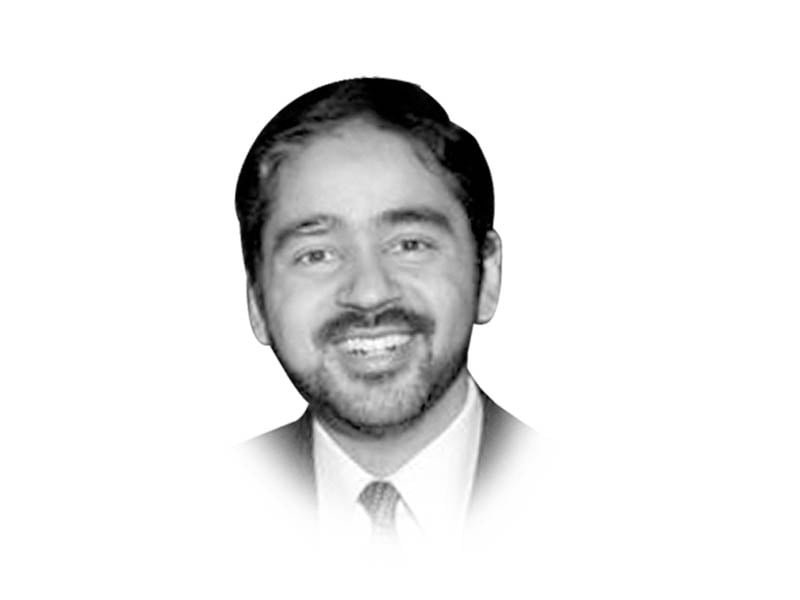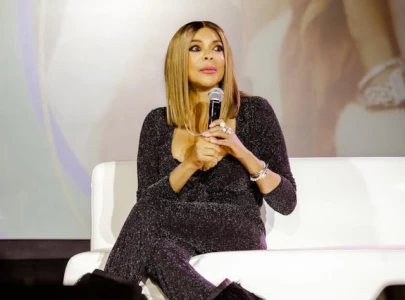
Those were the longest four days. I had not expected that I would be this anxious — glued to the screen, checking internet, and being useless for just about everything else. I had never felt this way. The emotional toll of all that had gone on in the last four years was manifesting itself in ways I was not expecting.
The last four years have been hard. Not just because I am a Muslim, an immigrant and a minority in this country, but also because of my profession as a scientist. The utter disregard for science led to nearly quarter of a million people dying in this country. The values of decency and inclusion, respect and truth that I hold dear were attacked incessantly.
The first night — of November 3 — was particularly hard, and gradually it started to get better. But it hadn’t hit me until I saw news networks call the election on Saturday. It was a sense of relief and comfort. A heavy weight was eventually lifted.
But while I’m grateful for the outcome — in the last four days I have learned a lot about the society around me.
I’m still coming to terms with the fact that nearly 70 million people voted for the incumbent. A raging pandemic, an utter disregard for norms, and a racially torn society meant little to tens of millions of people. During the course of the campaign, I was shocked to learn that some people in the Pakistani-American community were voting for Trump. For them, it was the fear of higher taxes with Biden, or that Trump demonstrated “strength” (which I read as toxicity). For some, VP-elect’s Indian roots are unacceptable. I can go on and on about why I think they’re wrong, but I know I will not be able to convince them easily.
For the last several years, I’ve worked with communities that live in fractured societies in Latin America, Middle East and East Africa. It takes decades to build trust. Aggrieved communities — because of civil war or civil injustice — do not want to engage with those who they think have wronged them. Ask the black community how they feel about forgetting everything and simply moving on. But one cannot simply dismiss the concerns of 70 million people — or call them deplorable and move on.
Whether it’s the Pakistani-American community, or the society at large, I learned there is a lot of hard work we all need to do. A better future is not just possible, it’s absolutely necessary. But it’s neither going to be easy nor painless to get there.
Beyond the realisation of the deeply fractured community, at every level, I also learned positive things that I had not appreciated. When it came to unbiased, transparent and most insightful commentary, it was the local journalists who spoke and wrote candidly, without any fanfare. I learned to admire them, and what they do at a time when resources for small-scale newsrooms are dwindling. I admired the work of our postal workers who were the backbone of this election. I learned to respect the election workers who worked tirelessly in conservative districts and liberal strongholds, and so with dignity.
But perhaps the most important lesson was different. It was about human behaviour. That lesson is about people unwilling to let go, making false accusations of rigging, about people shaking the foundations of a system for personal gain, about adult children defending their fathers even when their fathers undermine the country, and about party elite ready to sacrifice institutions at the altar of power.
I learned that despite thousands of miles between countries — we are really not that different. In a strange way, that gives me hope about a future where we may get to understand each other better.
Published in The Express Tribune, November 10th, 2020.
Like Opinion & Editorial on Facebook, follow @ETOpEd on Twitter to receive all updates on all our daily pieces.












1735025557-0/Untitled-(96)1735025557-0-270x192.webp)







COMMENTS
Comments are moderated and generally will be posted if they are on-topic and not abusive.
For more information, please see our Comments FAQ